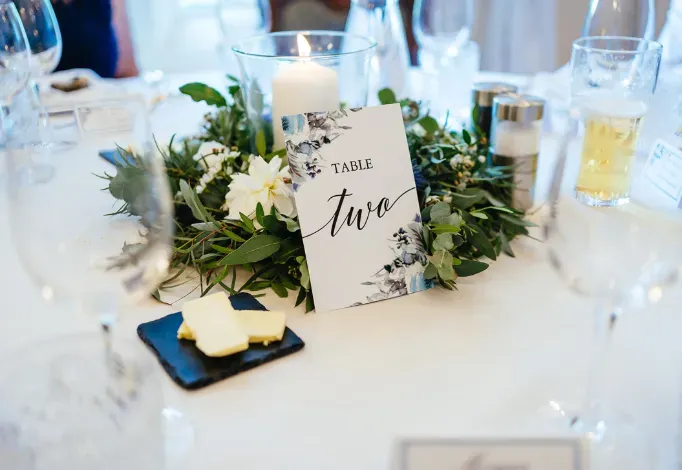Wedding Guest List: Navigating Tricky Situations & Etiquette
Crafting the perfect wedding guest list is an art form that balances personal desires with the practicalities of budget constraints and venue capacity. It also involves navigating the delicate nuances of social relationships and etiquette. Here are some strategies for handling tricky situations while planning your list.
Setting Clear Priorities
The first step in managing your guest list is to establish clear priorities. Decide whether you prefer a smaller, more intimate gathering or a large celebration. Consider your budget and venue limitations, as these will directly influence the size of your guest list. Agreeing on these priorities with your partner is essential to ensure a unified approach when decisions get tough.
Dealing with Family Expectations
Family expectations can significantly complicate guest list planning. Parents often have their own ideas of who should be invited. To navigate this, involve your parents in the discussion early. Allow them to suggest guests, but make it clear that the final decision rests with you and your partner. If they contribute financially, it might be fair to allocate a certain number of invitations for their use while maintaining the overall vision for your wedding.
Plus-Ones and Children
Deciding whether to include plus-ones and children can also be a challenge. A general rule is offering plus-ones to married, engaged, or long-term relationships. As for children, you might opt for an adults-only event or include only immediate family children. Be consistent with your policy to avoid misunderstandings and hurt feelings.
Handling Friendships and Social Circles
It’s not uncommon to feel obligated to invite friends out of a sense of duty or history, even if you’ve grown apart. When space is limited, focus on inviting friends who are actively part of your life. For acquaintances and coworkers, consider if they genuinely need to be part of your day. Limiting invites to those with whom you have a close and ongoing relationship is acceptable.
Addressing Sensitive Situations
Sensitive situations, such as inviting one relative but not another, can arise. Handle these on a case-by-case basis with tact and diplomacy. Be honest but gentle in your response if asked why someone was not invited. Emphasise limitations such as venue size or budget rather than personal feelings.
Communicating Decisions
Once decisions have been made, communicate them clearly and respectfully. If someone is not invited, which might cause disappointment or confusion, consider reaching out to explain the situation. This can be especially important for close friends or family members expecting an invitation.
Etiquette in Invitations
When sending out invitations, ensure clarity in communication. Specify who exactly is invited by naming all intended guests on the envelope. This reduces ambiguity about plus-ones or whether children are welcome. Early and clear communication can prevent uncomfortable situations and questions later on.
Book Your Big Day at Berwick Lodge
Wedding guests and who to invite to your wedding can feel tough, but when managed gracefully with thoughtful planning and clear communication, it can be a breeze. When getting married in Bristol, consider Berwick Lodge - this beautiful venue and their events team can see to the details so you can truly enjoy your big day. And remember, this is your special day; the guest list should reflect what is best for you and your partner.














